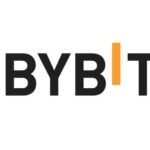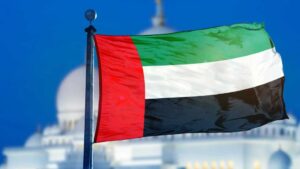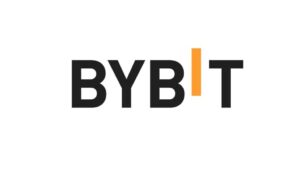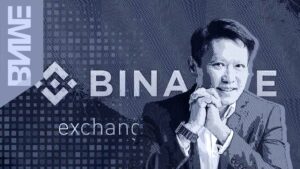Now more than ever, more countries are beginning to recognize the endless opportunities that can be gotten through the adoption of blockchain technology. Importantly, the Middle East is not left out. Although cryptocurrency adoption makes up the bulk of blockchain adoption in the Middle East, it is a sign that the adoption of other blockchain use-cases is set to increase. For example, in Turkey, the volume of daily cryptocurrency trading totals over $300 million. This figure only accounts for the trading conducted on Binance, the largest cryptocurrency exchange platform. This means that cryptocurrency adoption is fast becoming a trend in Western Asia.
However, blockchain technology involves a lot more than just Bitcoin or cryptocurrency. There are many other areas to which blockchain can be applied to solve some challenges within the Middle East region. Here are some of those areas we expect disruption by blockchain:
Blockchain Use-Cases
Healthcare
There are some challenges within the healthcare system in the Middle East. These challenges include manual recordkeeping, cyberattacks on patients’ data, and a low level of communication between hospitals. However, these challenges can be rectified with blockchain technology.
Imagine a system where the data on patients’ illnesses and drugs are stored securely and accurately. Or a system where they can easily be transferred to other doctors, no matter where their hospitals are located. This solution is what blockchain provides.
The most noteworthy attribute of blockchain is that it is immutable and distributed. Therefore, even where there are cyberattacks, the data that has been stored on the blockchain cannot be removed. Thus, it would prevent the loss of health records due to events like hacks or fire outbreaks. A blockchain-based platform for storing healthcare records has been launched in Middle Eastern nations such as the UAE. It is expected that more of this will be established over the next years.
Identity-based Systems
Everyone has a national passport and an identification card. These forms of identification are required for virtually every process, whether to open a bank account or to vote. But where the problem lies is that these identification systems can be hacked. In addition, passport holders can also lose their passports. With blockchain, a separate system can be created for people to access another copy of their lost document immediately. Also, the chances of hacking a blockchain system are very slim, and identity theft can be reduced. Governments are slowly recognizing the solution blockchain offers for data protection and introducing time-stamped records via its distributed ledger technology (DLT).
Decentralized Finance (DeFi)
Across the Middle East, finance is becoming bigger. More international investors are focusing on Asia, and government revenues are increasing. But the poorer population has not felt the effects of this improvement. Loans are not accessible, and in cases where they are, the interest rates are too expensive. With decentralized finance, the middlemen like bankers are removed from the system. This way, anyone from anywhere within the Middle East can get a loan by simply connecting to the internet using digital assets as collateral. This will ensure that even the less-privileged will gain access to financial services.
Conclusion
More Middle Eastern countries can improve many areas of their economy by increasing their blockchain usage. Apart from the financial freedom that cryptocurrency investment has provided for many people, there are more opportunities for blockchain to improve the systems of countries across the Middle East.




























